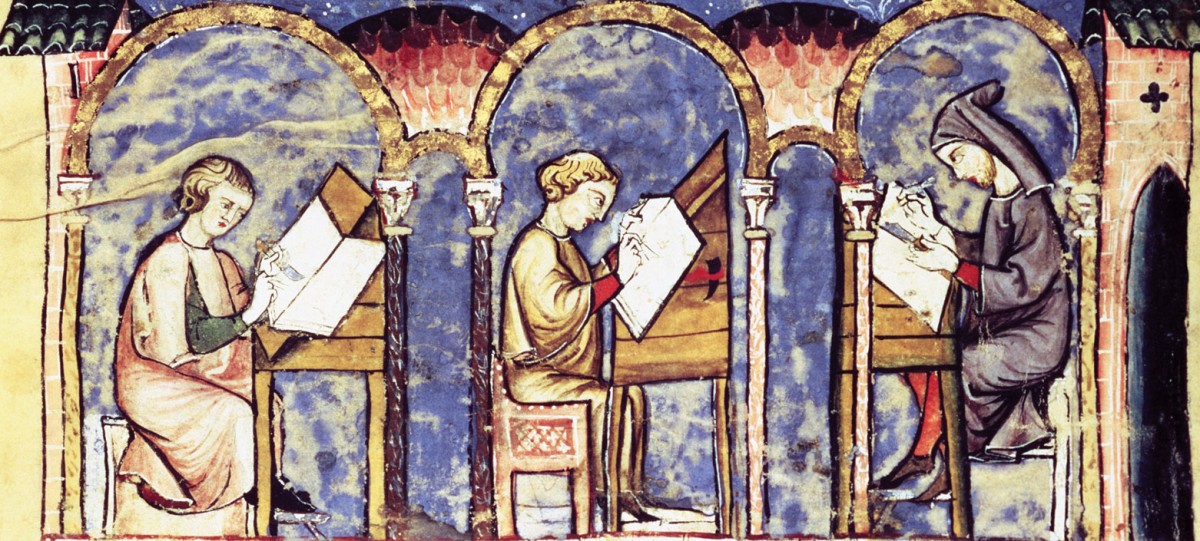As a Hispanic Studies/Comparative Literature double major, I feel like my entire college career has prepared me for this moment. I find it fascinating to read and interpret this bilingual text, especially since, as the professor mentioned on Wednesday, translations can be problematic.
Something I always valued about the Comparative Literature major (RIP) was its intensive multilingual requirement. I think being able to read texts in their original language is a very important tool. Much is lost in translation and dialectal variability: ideophones, idioms, sarcasm, slang. I really appreciate this opportunity to compare a translation with its original in a classroom setting.
One particular translation that I found fascinating was the 32nd plate. The title says, “Porque fue sensible” which translates to “Because she was susceptible.” However, “sensible” more directly translates to “sensitive.” Perhaps the word was used differently 300+ years ago. It would be interesting to study the changes in lexicon. In this case, the word “susceptible” doesn’t dramatically alter the meaning of the image.
In 48, the caption reads “Soplones,” which means tattle tales/rats. It comes from the verb soplar, which means “to blow.” The engraving depicts flying witches/demon spreading meaningless gossip. However, the English translation adds extra descriptions: “Tale-bearers–Blasts of wind.” This isn’t a mis-translation, but I think it’s always interesting to note how languages vary. In referencing the verb “soplar”, “soplón” aquires a visual, rather comical description of the act of speaking (blowing air about) and the augmentative ending “ón” functions as a superlative noun that emphasizes the intensity of this act. The word’s literal definition would be close to: “someone who blows a lot of air.” We don’t, to my knowledge, have one word in English that can describe this particular idea. The difference in translation here highlights the diversity of language due to idiomatic and referencial differences. I think that’s really really cool.
Panel 71, the original caption reads, “Si amanece; nos vamos,” which translates to: “If day breaks, we will be off.” However, the book uses this translation: “When day breaks we will be off.” Not sure why that change was necessary.
I hope we spend some time on translation in class on Monday.
